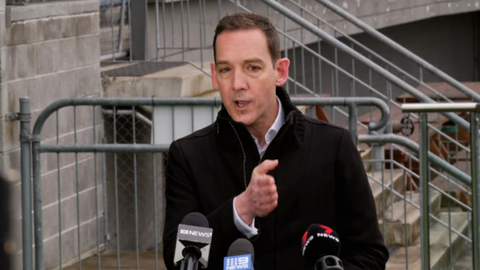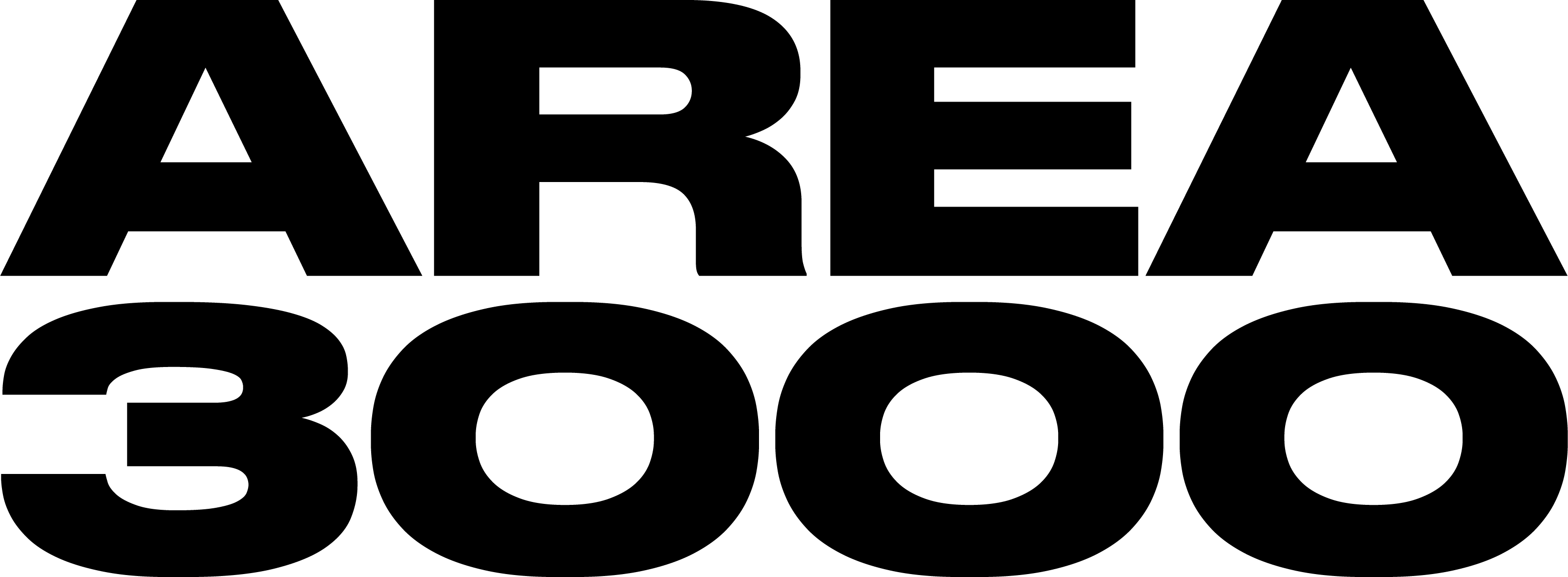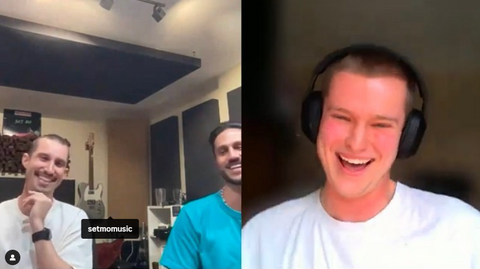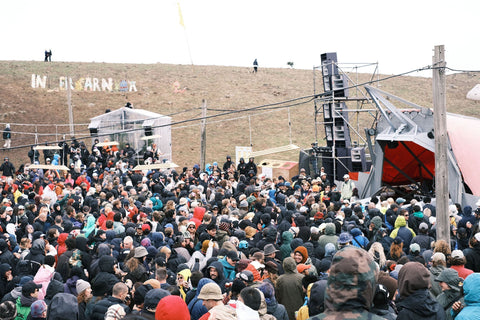
As the 2022 Victorian Election’s spending commitments ticked into the tens of billions, there was a single line in the Labor Party’s live music policy announcement that has the potential to radically change the city, its venues and its nightlife moving into the future:
“We’ll supercharge the creation of new venues too, ending the freeze on late-night licences in inner-city councils, including Yarra, Stonnington, Port Phillip and Melbourne’s CBD”
The freeze mentioned was instituted in 2008 and halted granting new licenses past 1am, as the Brumby Government was scrambling to curb alcohol fuelled violence. They initially opted for a 2am lockout, covering venues in the 4 Local Government Areas listed but excluding Crown Casino. Protests involving a cross section of music scenes and venue runners alongside young people, plus an ill-fated trial where assaults increased in the trial area, drove the government toward the freeze as a more politically acceptable option.
It was a quieter, more regulatory route, but its impacts would only worsen as old venues closed and new ones opened without the chance for similar trading conditions. Conditions for an exemption were onerous and often out of reach for small and medium sized venues, so existing licenses became worth their weight in go. Colour even touted their possibly-24-hour licensing arrangements as a leading edge whilst promoting the venue’s open in 2019 (RIP!).
Across all available Victorian Gambling and Casino Control (VGCCC) data, 2014-2023, active late-night licenses have decreased in Metropolitan Victoria by 10%, even as the state population grew by over 25%.
So, amid increasingly troublesome ticket sales in a frightening economy, the competing golden road of property developers and hospitality groups looking for rarefied city space with the cashflow to often outbid music ventures – as happened with The Mercat, to name a single example – a lot’s changed in 15 years for the local music scene, and the freeze is due to end on 30 June.
What impact might it have? I got the chance to hear from Indicia, one part of the teams that run Signal, a club night centring the Black/Queer roots of dance music, as well as Chimera and Nightfall. Having recently completed a PhD studying the city’s queer nightlife communities, he notes that this is only the first step in rebuilding Melbourne’s nightlife options given the mounting pressures venues now face elsewhere.
The opportunity for new venues to open in highly trafficked areas with greater licensing hours available to them will improve the chances of them being willing to take the plunge, but should also mean more doors opening for promoters and performers across the spectrum, who Indicia notes are “currently hamstrung by the literal physical infrastructure of having nowhere to hold an event.”
Aside from the economic benefits of having access to more spaces, the chance for new entrants to open venues should also mean diversification of what Melbourne’s nightlife venues are presenting, booking and giving time to, fitting the government’s view that more entertainment of any sort is a net positive.

The government’s pitch for its investments centre around these benefits, which can be drawn from the policy itself. However, Indicia outlines those who were hardest hit by the freeze – often marginalised on the basis of racist or queerphobic views - were dependent on nightlife venues as safe spaces to express identity and escape the aggressions of the everyday. By opening up licensing opportunities for venues, there is the potential a greater number of communities can take root in spaces that facilitate performance of work, sharing of culture and the coalescence of new communities, but this is unlikely to happen as a result of the freeze thawing alone.
This important point on the cultural capital of nightlife is not apart of the government’s framing for the policy currently. As complementary policies to reinvigorate Melbourne nightlife are being discussed, cultural value seems to be repeatedly left out of calculations. Existing orthodoxy on the social and economic benefits of nightlife are leading the Andrews government to decide that music venues are the best point to begin reopening the city, while freeze impacted councils focus on restaurant and retail precincts with existing venues instead, so much so that the City of Melbourne actively advocated for extending the freeze by stating they were concerned about the impact on residents and the workload of local police. A full statement attributable to Lord Mayor Sally Capp is available below.
As both levels of government look to overcome 25 years of prioritising city living in policy decisions ahead of city culture for those living outside the CBD, the 15 year freeze a central part of that, they will have to confront the mounting pressures venues are facing that isolated grant programs or less onerous licensing cannot combat. Unpredictable patronage and ticket sales are cutting promoters and venue operators deep, and a new wave of patrons entering venues post-covid are changing the dynamics that staff must confront and respond to, even as the ever-present threat of property development and local residential issues continue to undermine the viability of operating.
What complementary policies are needed? Indicia points out that often, the considerations of residential groups are the greatest barrier to change. Venues would likely need support for significant soundproofing measures in order to fully take advantage of any changes to licensing, which can be imperilled instantly with complaints, irrespective of where they come from. There would need to be a concerted efforts to destigmatise nightlife and its patrons that reaches far and wide - including law enforcement and private security vendors, as well as residents and community members.
Approaches that consider venues on their individual merits, rather than use of any policy that creates blanket impacts, would represent a considered start to change. Ultimately though, it is difficult to see policymaking for music and nightlife policy truly succeeding in Naarm/Melbourne without a significant rethink of our approach to nightlife. Just as cities like London, Toronto and New York already have, local decision makers need to use policy frameworks than can consider and utilise the cultural value of nightlife in their plans if they wish to build a nighttime city even halfway comparable.
Residents3000 were contacted for comment for this article, but did not respond.
Lord Mayor Sally Capp’s full comment
“We want to ensure Melbourne is a great place for residents to call home, and to start and grow a business.
“The City of Melbourne has advocated to extend the freeze on the issuing of new late-night liquor licenses in the inner city because we are concerned about the impact on our residents of an increase to late night liquor licences and the workload of local police.
“It’s critical we find the balance between supporting Melbourne’s booming night-time economy and maintaining the safety of our city and the wellbeing of residents and visitors after dark.
“We will work with the Victorian Government on any proposed changes to the freeze.”
Words: Sam Doyle





